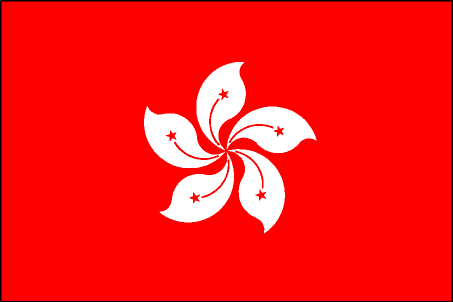
Filipinos in Hong Kong
As seen from our studies, the local Filipino community is still finding its way to assimilate into the Cantonese-dominated community. It is our aspiration to see Hong Kong become a truly multi-cultural city! As a majority Cantonese, how can we accommodate the ethnic minority and embrace cultural diversity?
Implication

It’s highly likely that you have a Filipino domestic helper at home! I was brought up by my Filipino helper throughout my childhood. Our family and I treat her as a family friend with a genuine heart, but not an outsider, or even worse, a “working slave”. Some may think the domestic workers do not contribute much to Hong Kong, at least economically, as they remit most of their money back to the Philippines. Yet, without their help, how can there be many working mums in Hong Kong. We owe the domestic workers a large applause, don’t we?
I remember a documentary from TVB depicting the daily struggles of the Filippino maid: the burden of a bread-winner of their families abroad; homesickedness; cultural difference. If we, as a majority, do not take the initiative to reach out to the minority, they will be even more alienated and excluded.
The first step! As a Language & Communication student, we recommend you learning their official language, Tagalog! Sometimes, friendship is just a chat away! Below are some great videos helping you pick up the SURVIVAL PHRASES! ( For boys, perhaps learning” I LOVE YOU” is more than enough! Mahal Kita!
Individual
Governmental Sector
Our interviewees told us there were Cantonese courses offered by the Consulate General of the Philippines in HKSAR (http://www.philcongen-hk.com/). The Consulate General should actively act as a bridge between the Filipino and the local community and organize social and cultural events as other consulate general do. In August, 2010, there was a hostage-taking incident in Manila. That time was a crisis for the Philippines-Hong Kong relations. We lost 8 Hong Kong citizens in the tragedy. A praying for the victims was organized by the Consulate General of the Philippines in Hong Kong with the Catholic Diocese of Hong Kong.Filipino Migrant Workers’ Union cooperated with some local organizations to hold a blessing section for Filipinos to pray and read Bible together.
The recent heated debate of the Filipino permanent residency perhaps makes us think about the rights of the domestic worker here. Granting them residency right may not be a feasible situation, given the current social situation and the fear of a sudden influx of immigrant workers. However, the Government should try their utmost to protect the labour rights and safety of the domestic workers. Migrant workers should enjoy the same right and the same protection as the Hong Kong citizens do.


Non-Governmental Sector
It is a bit surprising that when we search about if there are any NGOs serving the migrant worker community, we are only able to find one. ( Unlike other ethnic minority like South East Asian community, there are quite a number of NGOs targeting them) Mission For Migrant Workers
is such an organization that offers Labour And Employment Assistance Program, Pastoral Care And Social Welfare and Education, Training, Organising & Campaign Support to the migrant workers.
Apart from charitable organisations, the Filipino community leaders also contribute much to help the migrants assimilate into the community. The Philippine Association of Hong Kong is among one of them. In a recent interview, the Consul General Noel Servigon also acknowledged the effort of the community leaders. As an incorporated organization here in Hong Kong S.A.R., the Philippine Association of Hong Kong (PAHK) serves as a forum not only for Filipinos living in Hong Kong but also for those of other nationalities who have a particular affinity to the Philippines. Its goals are to promote friendship, fellowship and understanding among members; to provide a forum for the exchange of business, professional and employment information; to engage in social, cultural and civic activities for and on behalf of the Filipino community; and to participate in the promotion of Philippine trade, investment and tourism.


